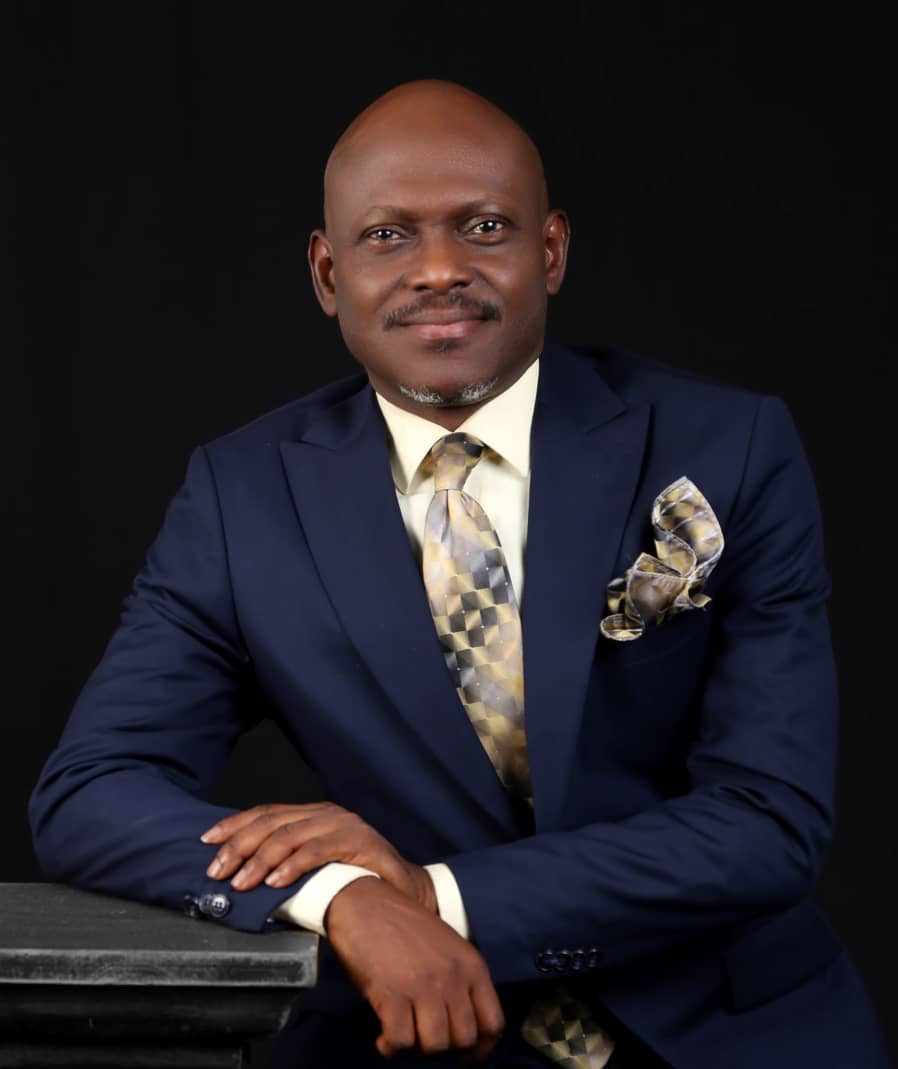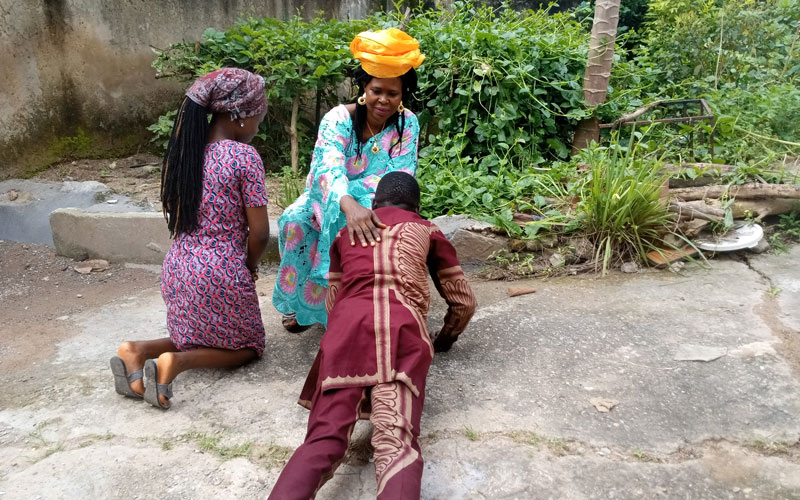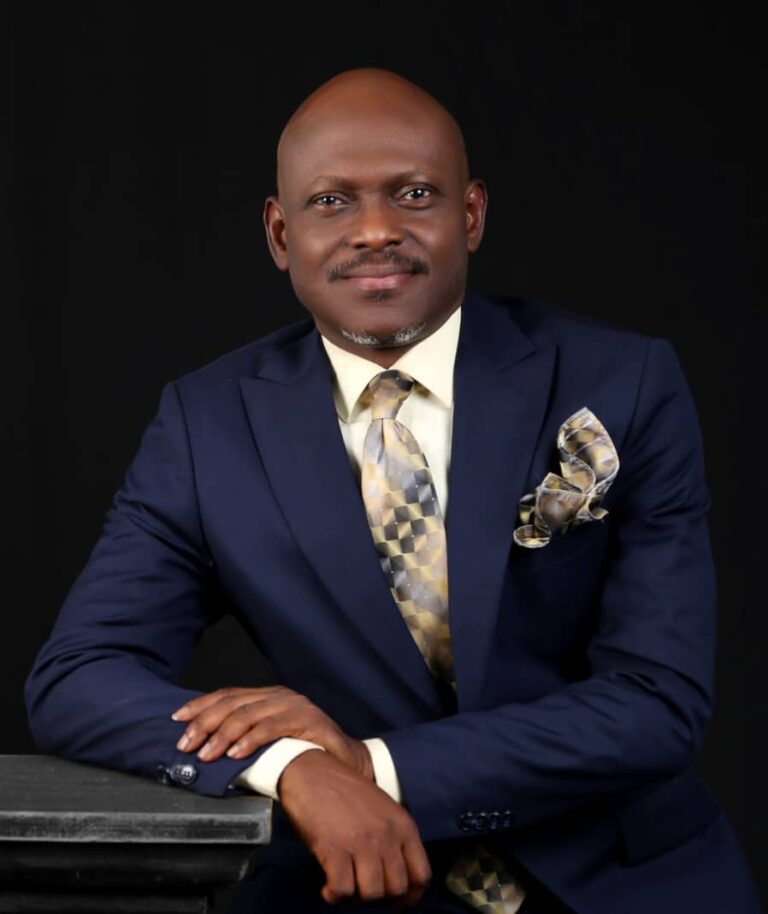YOU WILL NEVER BE THEIR ONLY ‘PARENT’ ‘Femi Adekunle on Parenting

YOU WILL NEVER BE THEIR ONLY ‘PARENT’ ‘Femi Adekunle on Parenting

Growing up in those days, we were weaned to respect, value, and appreciate the extended family system, which is one of the strengths of our African cultural setting. We grew up being close to our cousins, aunties, uncles, and grandparents. I recollect that many of us looked forward to our holidays when we would travel out of town to spend our vacations with them and vice-versa. We bonded with our extended families, and today, they continue to be an incredible support system in our lives.
The African adage that says “it takes a village to raise a child” was real. Besides our extended families, our parents’ trusted neighbours and friends had roles to play in our lives. They were our parents’ third eye. Whatever missed our parents’ eyes and attention would not miss theirs, and you can trust them to promptly bring these to our parents’ attention. If you misbehaved outside, you were almost sure to get a dose of discipline before you got home, and you dared not even report that you were disciplined, otherwise you’d be in for a double dose. And if our parents knew we had been drilled outside, they were full of appreciation for their buddies who made it happen. In those days, this was how we were trained. It was communal parenting where trusted family, friends, and neighbours held themselves accountable for the success of other people’s children, and it paid off.

Today, things have changed. Parents of millennials and centennials who themselves were communally parented seem not to see any good any longer in this practice. They argue that first, times are changing, and second, it is dangerous to entrust the care and upbringing of their kids to people whose values they can not vouch for. While the second is true, my response to the first is that nothing has changed in the times to make the old-school-type communal parenting less imperative. Even way back then, our parents knew this truth and had a method of weeding out neighbours and acquaintances whose negative values did not agree with theirs.
There is the argument that communal parenting is old school. That debate – its merits and demerits – is outside the purview here, but I want to make the point, and strongly too, that whether you believe it or not, communal parenting is still real, it is the community that has changed.
Millennials and centennials are visual and digital. Their community is virtual and online. Whether you admit it or not, they soak in much more information from other sources than you share with them. They have friends you will never meet, mentors you will never know, counsellors you will never approve, and advisers you will never like. They have people in their lives who will have so significant an influence on them that it may shape their destinies for good or bad. It is therefore imperative for parents to try as much as possible, to censor what comes into their children’s space especially in their pre-adolescence years, and be interested in what they are interested in when they are teenagers.

Just know this truth: you will never be their only parent. Finding out who those other parents are is, therefore, wisdom.
_“They have friends you will never meet, mentors you will never know, counsellors you will never approve and advisers you will never like.”_



